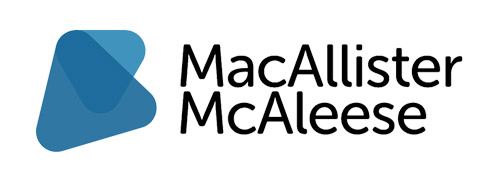Kwasi Kwarteng, the new Chancellor, read his first budget statement this morning. The measures he has introduced have made a number of changes that either reverse those implemented by former Chancellor Rishi Sunak, or introduce further tax breaks as an intended stimulus for the economy in the face of current inflation pressures.
Of note for clients, some of the following may be worth consideration:
Income tax and National Insurance contributions
The basic rate of income tax will be cut to 19p/£ from April 2023, and the higher rate of income tax at 45% has now been abolished. The 1.25% increase to National Insurance introduced in April 2022 will be reversed from 6 November.
Stamp Duty Land Tax
With immediate effect, the “nil-rate band” of £125,000 for purchases by non-first-time buyers is doubled – no SDLT will be paid on the first £250,000.00 of the property’s value. For first time buyers, the thresholds also increase – no SDLT is payable for the first £425,000 (previously £300,000) and relief can be claimed for the additional amount up to a value of £625,000.00 as opposed to the previous threshold of £500,000.00.
Corporation Tax
The planned increase in the rate of Corporation Tax to 25% in 2023 has now been cancelled.
Annual Investment Allowance
A proposed reduction in this tax relief, bringing this down from £1m to £200,000 in March 2023, has been cancelled allowing the higher level of relief for business on plant and technology investment to remain.
Introduction of Investment Zones
Talks are under way with 38 authorities across England to create investment zones across the country, bringing tax benefits for businesses within those zones and reducing planning restrictions, with an intention to expand these discussions more widely around the UK.


